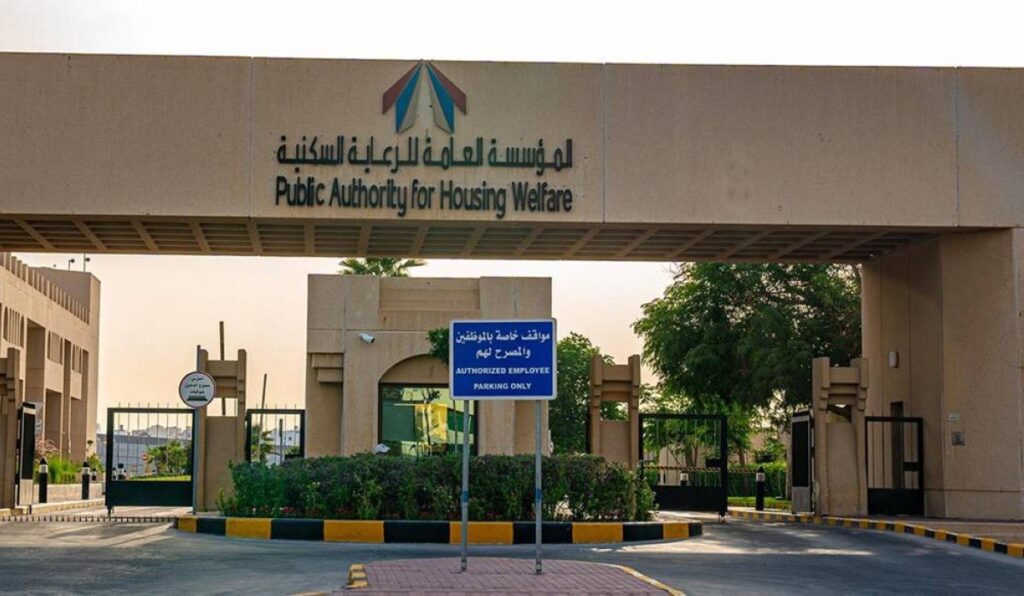KUWAIT: An Amiri decree-law issued Sunday annulled article 29 of law no. 47 of 1993, commonly known as the “He Who Sold His House” law, as part of broader efforts to promote justice, equality and fair housing distribution. The article had allowed a specific group of citizens — those who received Kuwait Credit Bank housing loans between April 15, 1992 and Feb 15, 2015, and later sold their homes and repaid their loans — to once again benefit from rental or usufruct-based housing assistance.
However, this excluded others who sold their homes outside the specified period or sold ready-built housing units allocated by the Public Authority for Housing Welfare, leading to unequal treatment. The explanatory memorandum accompanying the decree-law highlighted the negative consequences of Article 29,
including its contradiction of the state’s goal of equitable housing distribution.
It stressed that the continued implementation of the article was inconsistent with national efforts to prioritize citizens still awaiting housing aid. The law will take effect upon publication in the official gazette, and its repeal is intended to address legislative gaps and ensure support reaches those with the most urgent need.
Meanwhile, the interior ministry warned on Sunday of “fraudulent” messages posing as official demands from the interior ministry to obtain confidential financial information. The ministry denied in a statement cited by KUNA “any link to fraudulent means and forged documents sent under its name demanding financial information”. The ministry affirmed that it never requests such information or data.
The ministry also called on the public to ignore such messages or calls and urged that no one should provide sensitive information over the phone or through messages or any other means. Local media reported that fraudsters have made audio or video calls to citizens and residents, posing as officers from the interior ministry, and demanded confidential information from them.
Such callers threatened to take action against those who fail to supply the requested information, including a copy of both faces of bank cards, which allowed these thieves to withdraw money from the victims. The interior ministry advised the public not to pay heed to such gangs.
Separately, the Public Authority of Manpower said on Sunday that it has issued citations to 33 local establishments in June for asking their employees to work outdoors, adding that the establishments corrected the violations immediately. The authority has banned companies from asking their employees to work under the sun between 11 am until 4 pm between June 1 and Aug 31. Kuwait has been implementing this practice for the past several years because of the scorching heat of the summer, when temperatures soar above 50 degrees Celsius.

